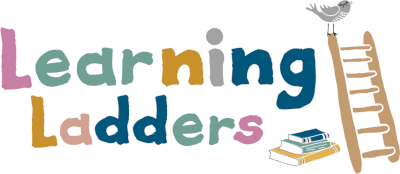Word Ready and Waiting
Word Ready and Waiting

The study of the development of language is a fascinating insight into what makes us human.
The development of language is a lifelong process. From birth, we crave the ability to communicate with others; we are ready to learn language and to talk. The role of parents and family – our first teachers – is vital to shaping and supporting our speech and language development. As children, we hear and imitate those who surround us. Immersion in our native language gives us our vocabulary and our initial understanding of the rules of grammar.
Language gives children the autonomy to understand and communicate feelings. But it is about more than speech, it also supports problem solving and our understanding and development of relationships.
Learning to understand, use and enjoy language is the critical first step in literacy and is the basis for learning to read and write. Which begs the question: for something that is seemingly such a natural process for most pre-schoolers, what, as parents and carers, can we do to get them ‘word ready’?
Home tips to get Word Ready
- Talk, talk, talk! Talk to your child about what they see. The more a child hears the spoken word, the better their language will be. Introduce new words to help describe things.
- When your child utters a sentence, expand what they have said into a longer and more compete sentence. If they make an error when talking, repeat their sentence correctly.
- Use puppets and felt boards to tell stories.
- Tell your child a story and ask them to tell it back to you.
- Read lots of stories to your child. Discuss the pictures, predict what might happen next in the story. Ask specific questions about what happened in the story.
- Provide lots of opportunities for social talk. Encourage appropriate use of manners.
- If your child does not know a word, talk to them about it in simple language. You could perhaps draw a picture together to show its meaning. Keep your definition of words simple and child friendly.
